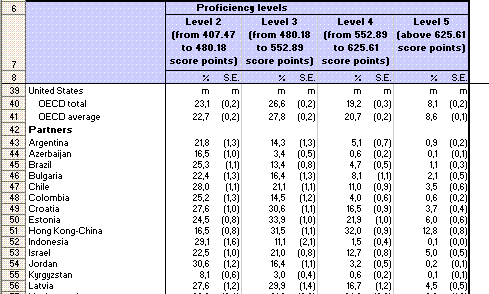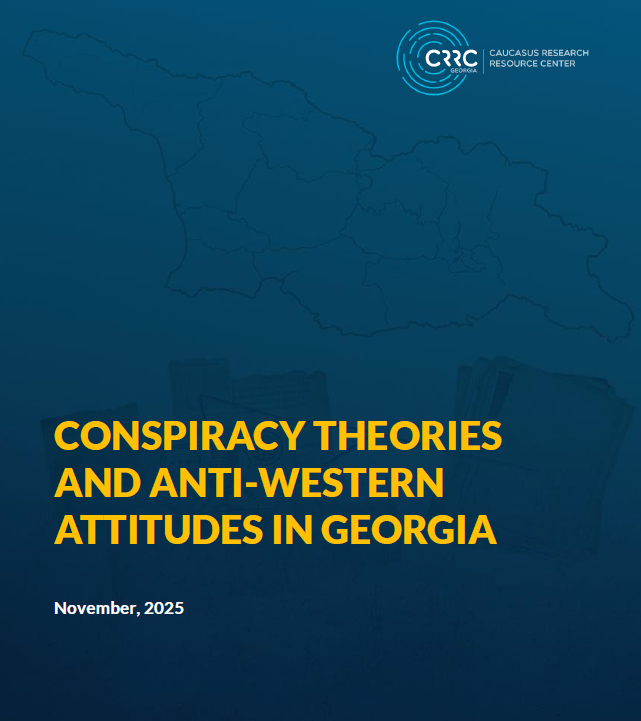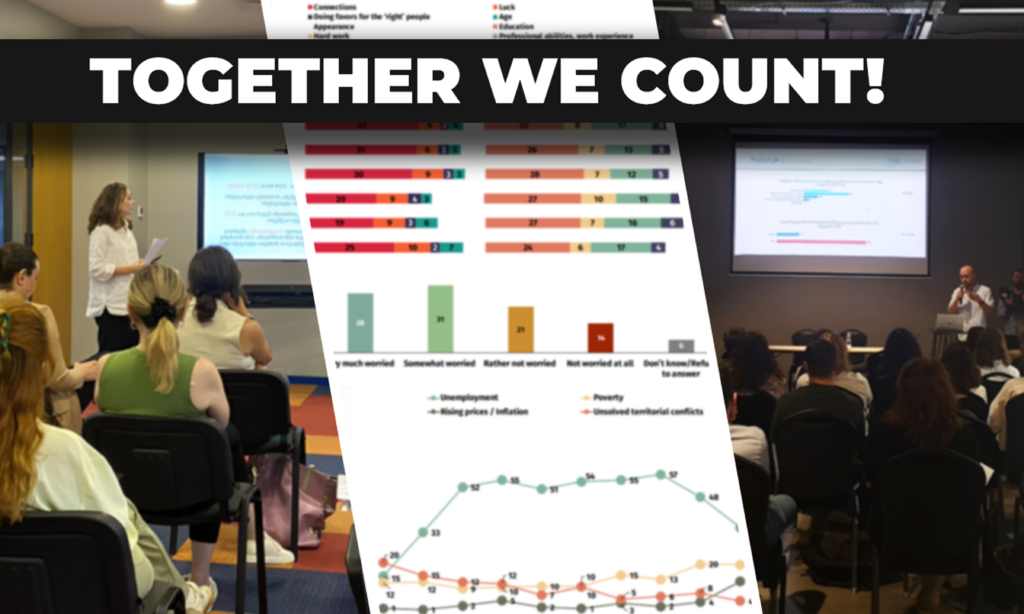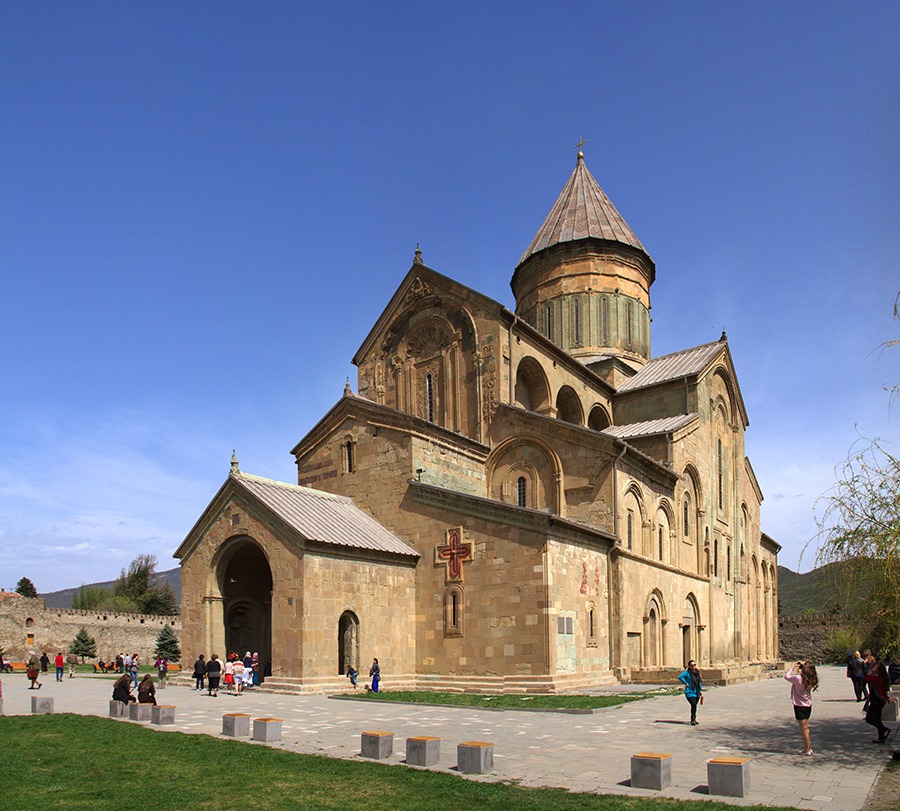OECD has just published their 2006 PISA results, which stands for “Program for International Student Assessment”. In PISA, 15-year olds are tested for basic abilities in various fields. The 2006 round focused primarily on science learning. A little more than 60 countries participated, including Azerbaijan. Georgia and Armenia did not take part.
Alas, the news is sobering. While basic education still reaches the majority of the population, the quality of that education seems limited.
This is demonstrated, for example, by the proficiency levels on the science scale. About 20% of students in Azerbaijan only reach the first proficiency level. This is better than Argentina, Brazil and Tunisia (all 28% not managing to go beyond the first level), and way ahead of Quatar (48%) or Kyrgyzstan (58%). Arguably, Azerbaijan isn’t even so far from Bulgaria (18%), Montenegro (17%), Romania (16%) or even Serbia (12%).
However, once a higher level is reached, Azerbaijani performance tails off. Only 0.4% of Azerbaijani students managed to reach Proficiency Level 3 [out of a total of 5 levels] — that is a disappointing result, especially for a country that was part of a Soviet tradition of teaching. Even Kyrgyzstan is doing better (0.7%), as is Tunisia (1.0%), Quatar (1.6%), let alone Brazil (3.4%), Argentina (4.1%), Romania (4.2%), Chile (8%), Russian Federation (15%), USA (18%), with an OECD average of 20.3 and then that bunch of European states, including the Netherlands that have more than a quarter of their students reaching this proficiency level.
This is genuinely bad news: essentially science education in Azerbaijan has broken down, and lots needs to be done to even catch up. Note the strong divergence between Azerbaijan and Russia. And the same is true for reading ability: only 3.4% of Azerbaijani 15 year-olds reach the 3rd Proficiency Level (where the OECD average is about 28%).
While some of these results may be due to a lack of experience with testing, or even poor translation, the findings suggest where oil revenues could be invested to great use. On that level, it’s commendable that Azerbaijan actually took part in PISA — a very courageous step that yields concrete policy recommendations.
This is no more than a cursory analysis. The datasets are comprehensive and allow gender comparisons, as well as a review of various other indicators.










